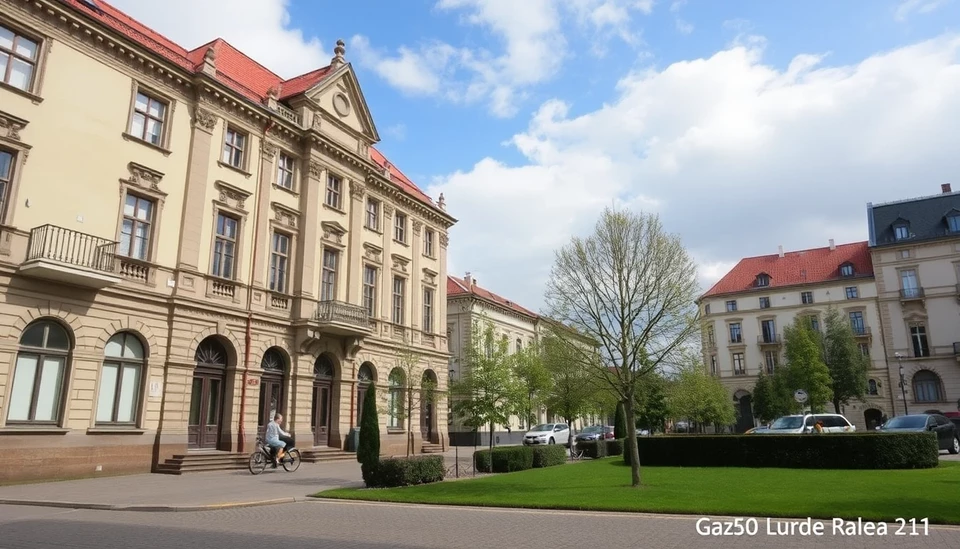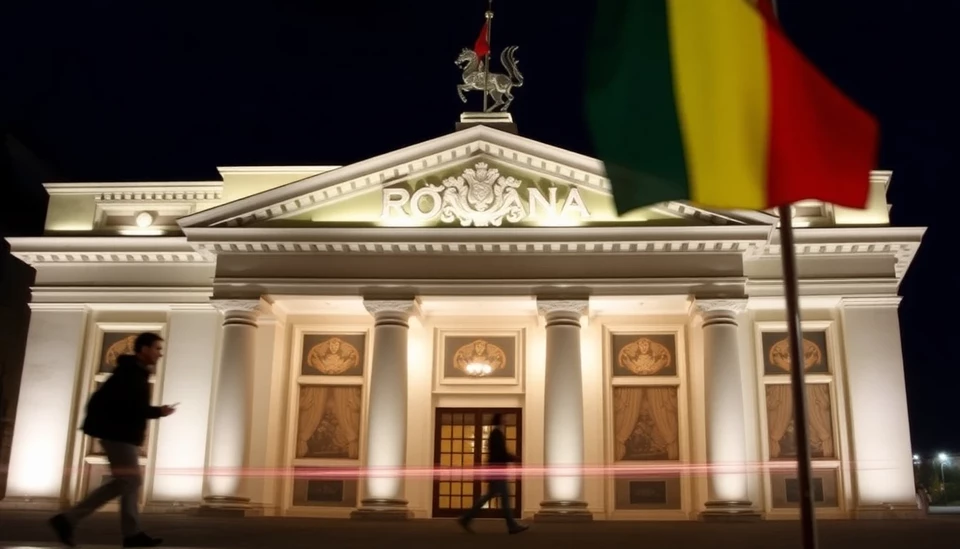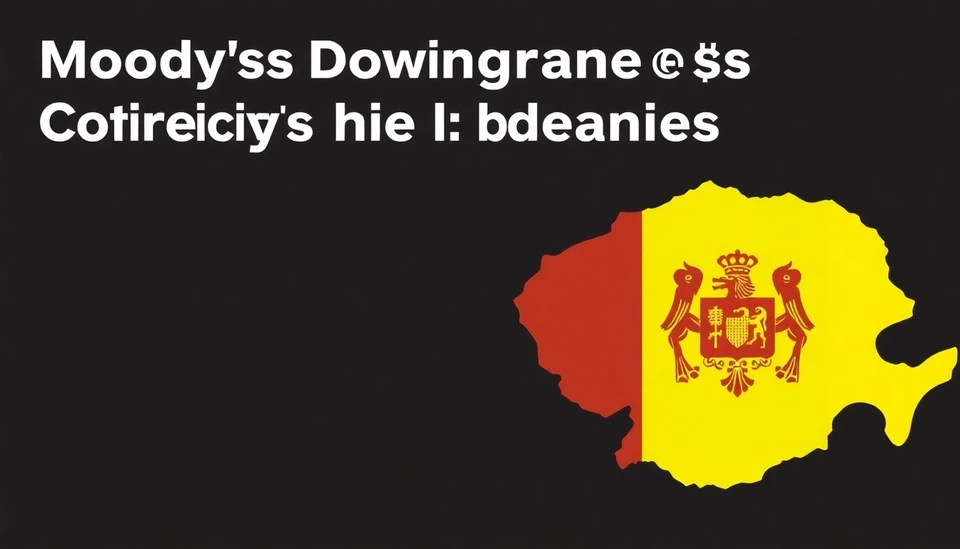
Romania's inflation rate at the end of 2024 has concluded slightly above economists' forecasts, stirring concerns among policymakers and analysts regarding the sustainability of the nation's economic recovery. As the year wrapped up, the inflation rate was recorded at a staggering 7.3%, rising from the 6.5% predicted at the year's onset. This unexpected upward pressure on prices creates an atmosphere of uncertainty within the economic landscape of Romania.
The Romanian National Bank has been navigating this turbulent environment as it seeks to stabilize the economy and curb inflation. Following a series of monetary policy adjustments, including interest rate hikes to temper price increases, the bank's actions have so far yielded mixed results. The central bank's key interest rate stands at 6.75%, a level that indicates their ongoing battle against mounting inflationary pressures fueled by rising energy costs and supply chain disruptions.
As inflation remains stubbornly high, various sectors are feeling the pinch. Consumer spending has slowed due to increasing prices for essential goods, and businesses are grappling with heightened costs of production and materials. The implications of this prolonged inflationary period are causing apprehension among economists, who now predict that the challenges may persist into 2025 or longer.
Recent surveys suggest that public sentiment is also turning more pessimistic, as many Romanians begin to feel the strain of everyday expenses. The compound effect of inflation on household budgets is prompting citizens to reassess their financial priorities, further dampening consumer confidence in the domestic economy. With social stability becoming a potential concern, the government faces pressure to enact measures that can alleviate these economic burdens.
As policymakers deliberate on the next steps, the International Monetary Fund (IMF) has expressed its apprehension regarding Romania's economic trajectory, advocating for prudent fiscal policies and adjustments that could restore stability and growth. The IMF has emphasized the importance of addressing structural weaknesses that contribute to the economic volatility experienced in Romania.
In summary, as Romania welcomes the new year, the looming question remains: how effectively can the government and the central bank respond to the dire economic challenges posed by persistent inflation? It will take concerted efforts at various levels to chart a viable path forward, ensuring the resilience of Romania's economy amid a backdrop of uncertainty.
#Romania #Inflation #Economy #CentralBank #InterestRates #ConsumerConfidence #IMF #EconomicRecovery #FiscalPolicy
Author: Rachel Greene




